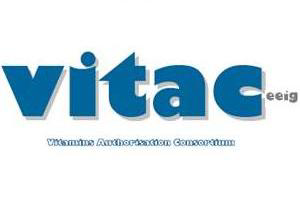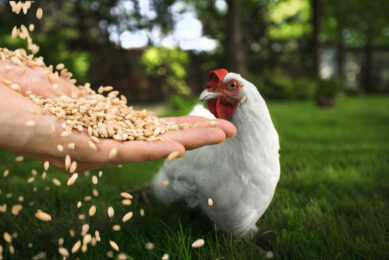EFSA considers niacin safe for feed addition

The term ‘niacin’ is used as generic description of nicotinic acid and nicotinamide. Niacin is widely distributed and occurs in large quantities in yeasts, brans and food of animal origin.
Nicotinic acid and nicotinamide are regarded as an effective vitamin source in animal nutrition.
Following a request from the European Commission, the Panel on Additives and Products or Substances used in Animal Feed (FEEDAP) was asked to deliver a scientific opinion on the safety and efficacy of nicotinic acid and nicotinamide as additives to feed for all animal species.
This Scientific Opinion is based on a dossier submitted by Vitamin Authorisation Consortium European Economic Interest Grouping (VITAC EEIG).
Nicotinic acid and nicotinamide function mainly as precursors of the co-enzymes NAD and NADP. Thus, nicotinamide has physiologically critical roles in mitochondrial respiration and in the metabolism of carbohydrates, lipids, and amino acids.
Niacin is safe for the target animals with a margin of safety that is at least ten times the requirements and use levels. The FEEDAP Panel also considers that the use of niacin in animal nutrition is not of safety concern for consumers.
Nicotinic acid and nicotinamide are not irritant to skin, but can cause irritancy to eyes and mucous membranes. They are unlikely to cause skin sensitisation. Workers might be exposed to respirable dust when handling nicotinic acid, which should be regarded as being potentially harmful. Nicotinamide is considered to be of no concern for inhalation exposure.











